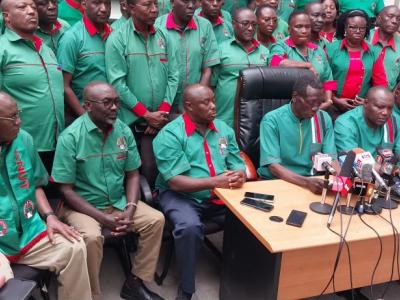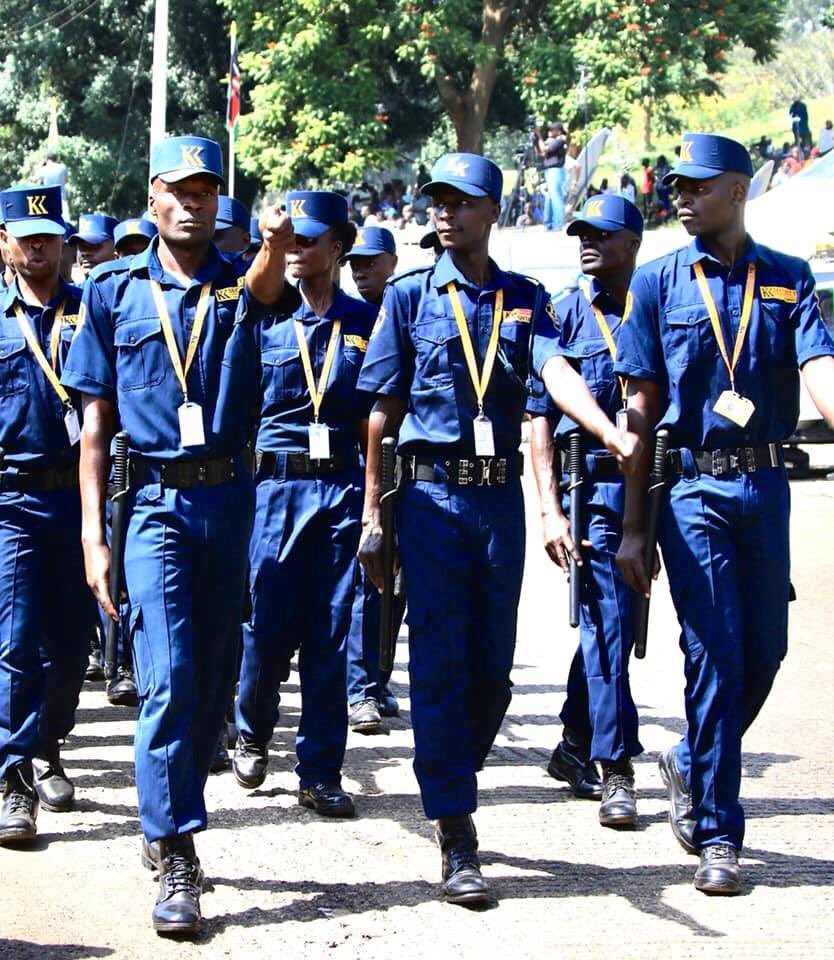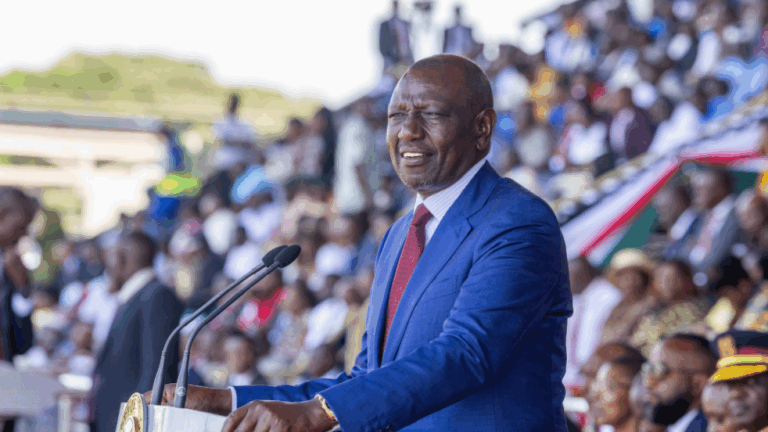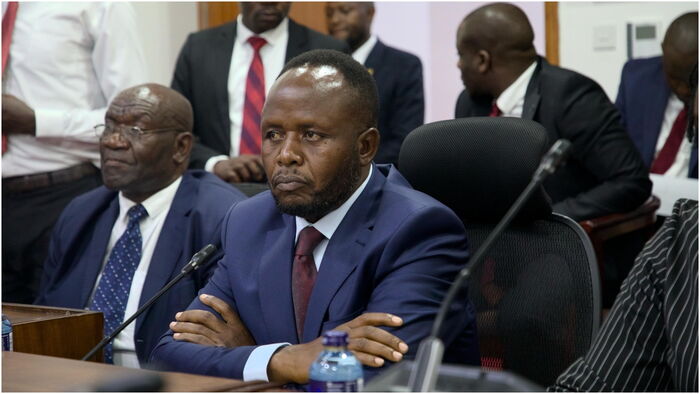
In a powerful show of discontent, more than 10,000 teachers have formally demanded that the Junior Secondary School (JSS) system be completely separated from primary schools. Teachers argue that the current domiciling of JSS under primary school administration is leading to confusion, burnout, and a sharp decline in both teaching standards and student welfare.
Teachers Say Current System Fails Learners and Educators
At a State House meeting earlier this week, JSS teachers decried the merging of primary and junior secondary services under one administrative roof. They say issues like co-curricular coordination, school leadership, and role clarity have become muddled. According to them, this muddling undermines the unique needs of junior secondary learners, especially as Kenya transitions into full implementation of the Competency-Based Education model.
A teacher in Machakos lamented the unequal lesson workload: “Some JSS teachers are teaching up to 45 lessons a week, while primary school counterparts cap out at around 24.” Such disparity, they claim, leaves JSS educators overworked and under-supported.
Autonomy Seen as Key to Rescue Competency-Based Education
KUPPET, the union representing post-primary teachers, has pressed for an administrative framework that treats JSS as fully independent from both primary and senior secondary levels. They believe autonomy would allow for better management of resources, more appropriate deployment of teachers, clarity in promotions, and more effective planning of co-curricular programs such as sports and arts.
Teachers argue that autonomy will also restore professionalism in JSS and prevent teachers being assessed or promoted against criteria meant for much younger learners. “How can a teacher who teaches Grade 9 be evaluated by someone whose expertise is at Grade 3?” asked one JSS teacher during public remarks.
Leadership Conflict Erupts
The demand has stirred open disagreement among teacher leaders. While many back full separation, some internal voices argue for a more gradual shift. There was a tense moment at the State House when KUPPET’s Secretary General Akello Misori tried to advocate separation, only to be heckled by some members of his own union. Basic Education Principal Secretary Julius Bitok intervened to calm tempers.
What’s at Stake
- Teacher welfare and quality of instruction: Teachers say current workload and misaligned roles are eroding morale and affecting students’ outcomes.
- Resource allocation: Many schools lack laboratories, adolescent-friendly spaces, and adequate teaching materials tailored to JSS learners. Those housed in primary schools complain of underfunding and neglect of their specific infrastructure needs.
- Policy integrity of Competency-Based Education: The lack of separation is feared to be undermining Kenya’s education reform agenda, preventing proper implementation of age-appropriate content and assessment methods.
The Government’s Dilemma
President William Ruto’s administration now faces pressure to respond. The teachers’ demands are no longer peripheral—they were raised directly at a meeting in State House, putting the executive branch in the spotlight. The union has asked for clear timelines for reforms, and if not met, hints of seeking judicial redress are emerging.







